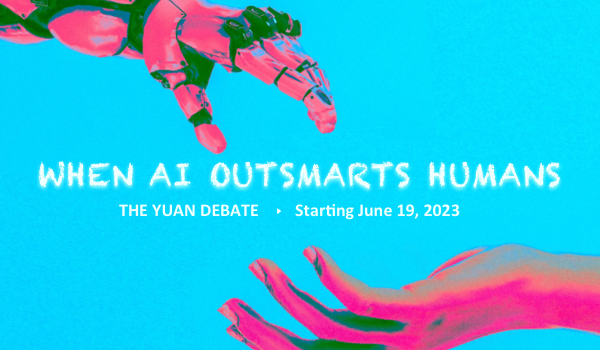


MOUNTAIN VIEW, CALIFORNIA - As much as the above quote stands true, perfectly inclusive spaces with unbarred diversity remain elusive. As we progress as a society our efforts should be directed towards achieving this goal. But, as we will see, often this is easier said than done, given that the limitations to the inclusion of diverse voices is not only a social issue, but a physical limitation for speakers.
In this piece, I wish to explore such limitations to the ‘right to speech.’ However, before the exploration of said concern, it will be better to delve a little into its etymological significance and history.
Etymology and history
The term ‘speech’ is ancient and emerged in Athens during the 6th or 5th century BCE. It was a product of a democratic ideology that gifted liberty to the citizens to voice their thoughts without fear, censorship, or harmful retaliation. To make improvements on this practice of voicing with a fearless mind, citizen journalism where citizens can get their opinions published was brought to the fore.
While all of these measures to ensure the maximum utilization of the ‘right to speech’ are still in practice in most parts of the world, they have some loopholes still.
Right to speech is inclusive of every being who falls under the category of homo sapiens. While the ‘right to speech’ mandates inclusivity, it seems like it is confined only to those who are privileged to have all their intellectual faculties.
Including the voiceless: still a myth
Tabloids and articles that reflect their concerns about the voiceless, the repressed, and the marginalized of society, in their writing are far from including those who are devoid of their intellectual faculties, whereas intellectual faculties are also a
The content herein is subject to copyright by Project Syndicate. All rights reserved. The content of the services is owned or licensed to The Yuan. The copying or storing of any content for anything other than personal use is expressly prohibited without prior written permission from The Yuan, or the copyright holder identified in the copyright notice contained in the content. Continue with Linkedin
Continue with Linkedin
 Continue with Google
Continue with Google










 1481 views
1481 views







